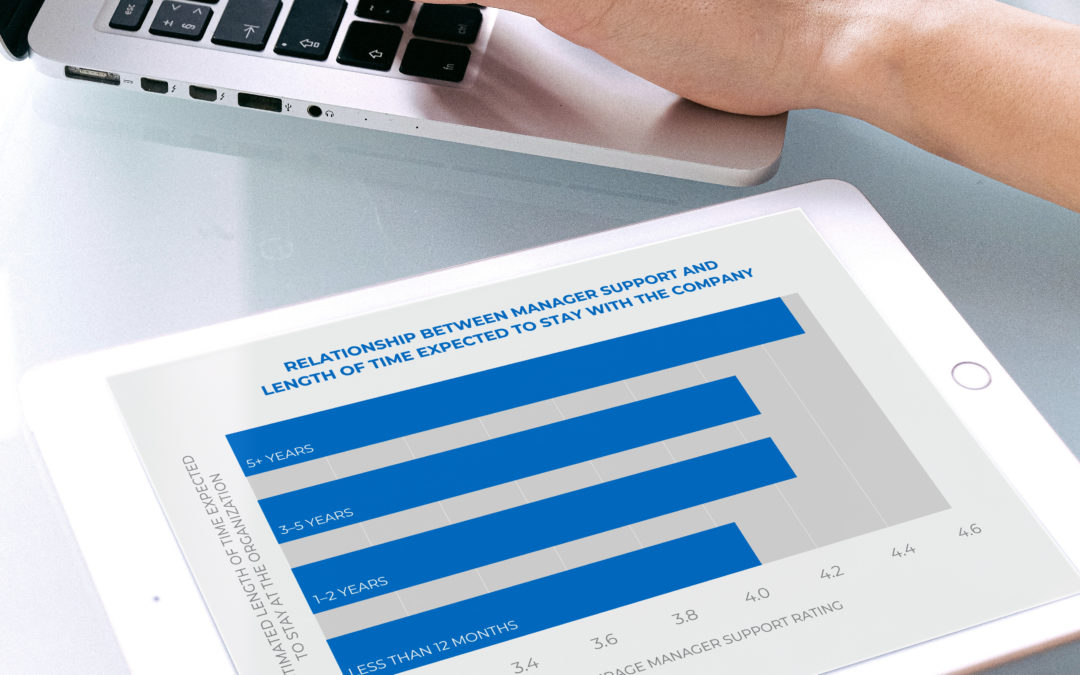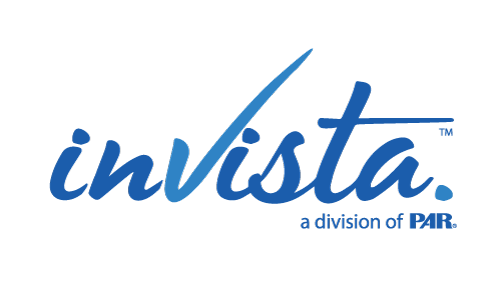


Preparation is key: How appropriate training can improve professional wellbeing
For the leader or employee who wants to embark on improving professional wellbeing—their organization’s or their own—a great way to start is to consider level of training. Does your organization offer specific training for specific jobs? Do you feel technically ready...
Tell them what, not how: Giving employees the reins
Employees’ autonomy, or their level of control over how they achieve their goals, can have an incredible impact on employees’ professional wellbeing. Allowing for as much autonomy as possible helps individuals feel encouraged and in control, increasing their...
The three Ws: How workload, work–life balance, and wellbeing are related
Poor professional wellbeing may bleed into many other areas, such as overall happiness, family satisfaction, and even life satisfaction. Many things contribute to an individual’s level of professional wellbeing, including whether work is meaningful, how fair they...
The meaning of work—and how it affects wellbeing
Many factors impact an individual’s professional wellbeing, including whether they have autonomy over their work, to what extent there is bureaucracy at the organization, and the quality of their relationships with coworkers. Another area leaders and individuals can...

Recent Comments